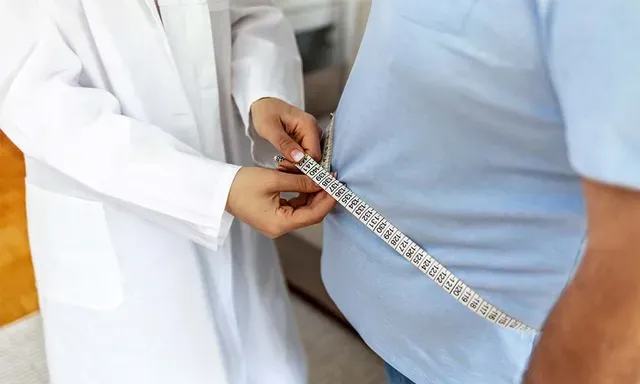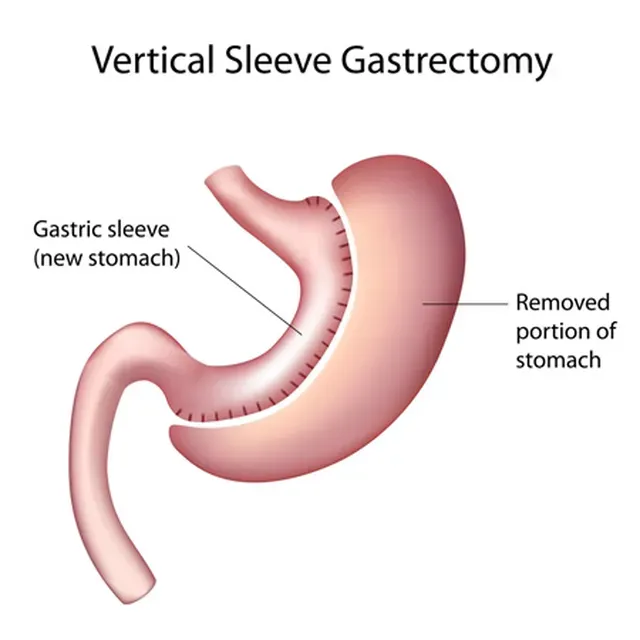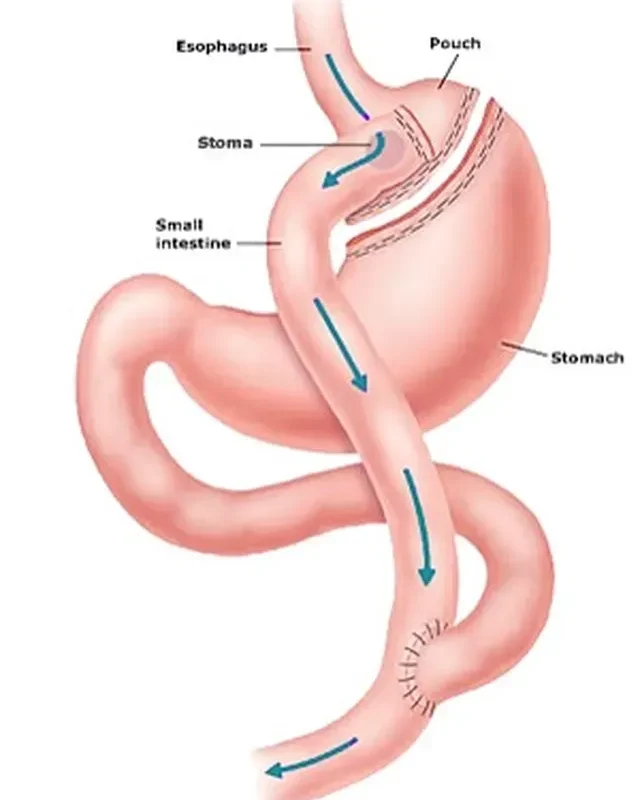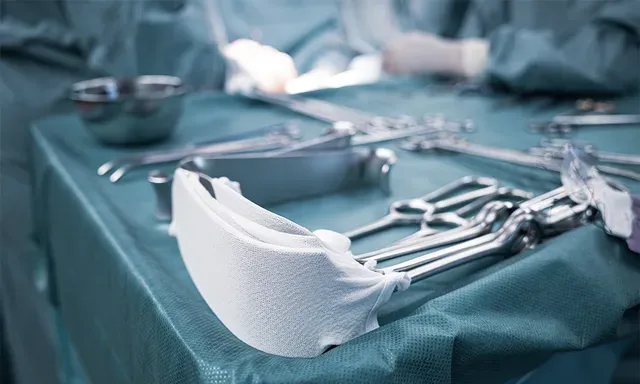The duodenal switch is the most effective weight loss procedure, helping you lose 70-90% of your weight and dramatically reversing Type 2 diabetes. At Waked MD, bariatric surgeon Tarek Waked, MD, FACS, FASMBS, may perform a duodenal switch on anyone who qualifies for weight loss surgery but often recommends it to patients with a more severe disease. When your weight poses a substantial risk to your health and life, it’s time to consider a duodenal switch. Don’t wait to schedule an appointment call one of our offices in Georgetown or Middletown, Delaware or book online today.
Duodenal Switch
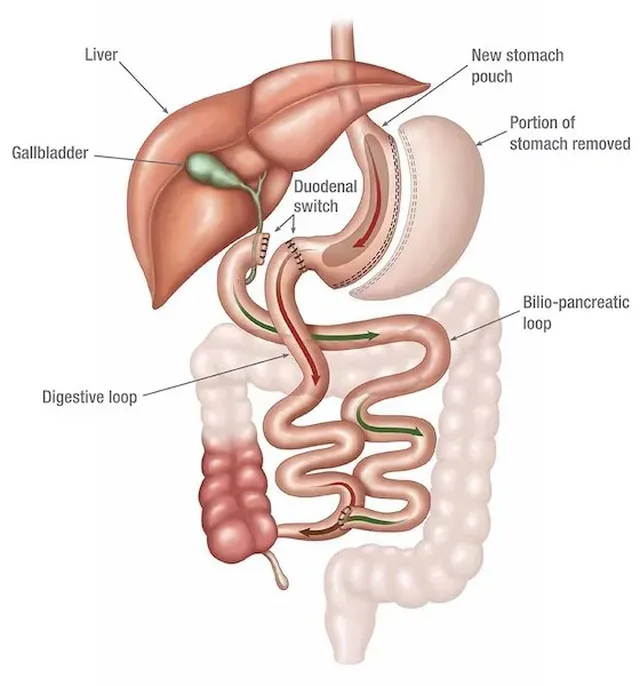
Duodenal Switch services
offered in Georgetown, DE
Duodenal Switch
The Biliopancreatic Diversion with Duodenal Switch – abbreviated as BPD/DS – is a procedure with two components. First, a smaller, tubular stomach pouch is created by removing a portion of the stomach, very similar to the sleeve gastrectomy. Next, a large portion of the small intestine is bypassed.
The duodenum, or the first portion of the small intestine, is divided just past the outlet of the stomach. A segment of the distal (last portion) small intestine is then brought up and connected to the outlet of the newly created stomach so that when the patient eats, the food goes through a newly created tubular stomach pouch and empties directly into the last segment of the small intestine. Roughly three-fourths of the small intestine is bypassed by the food stream.
The bypassed small intestine, which carries the bile and pancreatic enzymes that are necessary for the breakdown and absorption of protein and fat, is reconnected to the last portion of the small intestine so that they can eventually mix with the food stream. Similar to the other surgeries described above, the BPD/DS initially helps to reduce the amount of food that is consumed; however, over time this effect lessens and patients are able to eventually consume near “normal” amounts of food. Unlike the other procedures, there is a significant amount of small bowel that is bypassed by the food stream.
Additionally, the food does not mix with the bile and pancreatic enzymes until very far down the small intestine. This results in a significant decrease in the absorption of calories and nutrients (particularly protein and fat) as well as nutrients and vitamins dependent on fat for absorption (fat-soluble vitamins and nutrients). Lastly, the BPD/DS, similar to the gastric bypass and sleeve gastrectomy, affects guts hormones in a manner that impacts hunger and satiety as well as blood sugar control. The BPD/DS is considered to be the most effective surgery for the treatment of diabetes among those that are described here.
Advantages
1. Results in greater weight loss than RYGB, LSG, or AGB, i.e. 70 – 90% excess weight loss or greater, at 5 years follow up
2. Allows patients to eventually eat near “normal” meals
3. Reduces the absorption of fat by 70 percent or more
4. Causes favorable changes in gut hormones to reduce appetite and improve satiety
5. Is the most effective against diabetes compared to RYGB, LSG, and AGB

